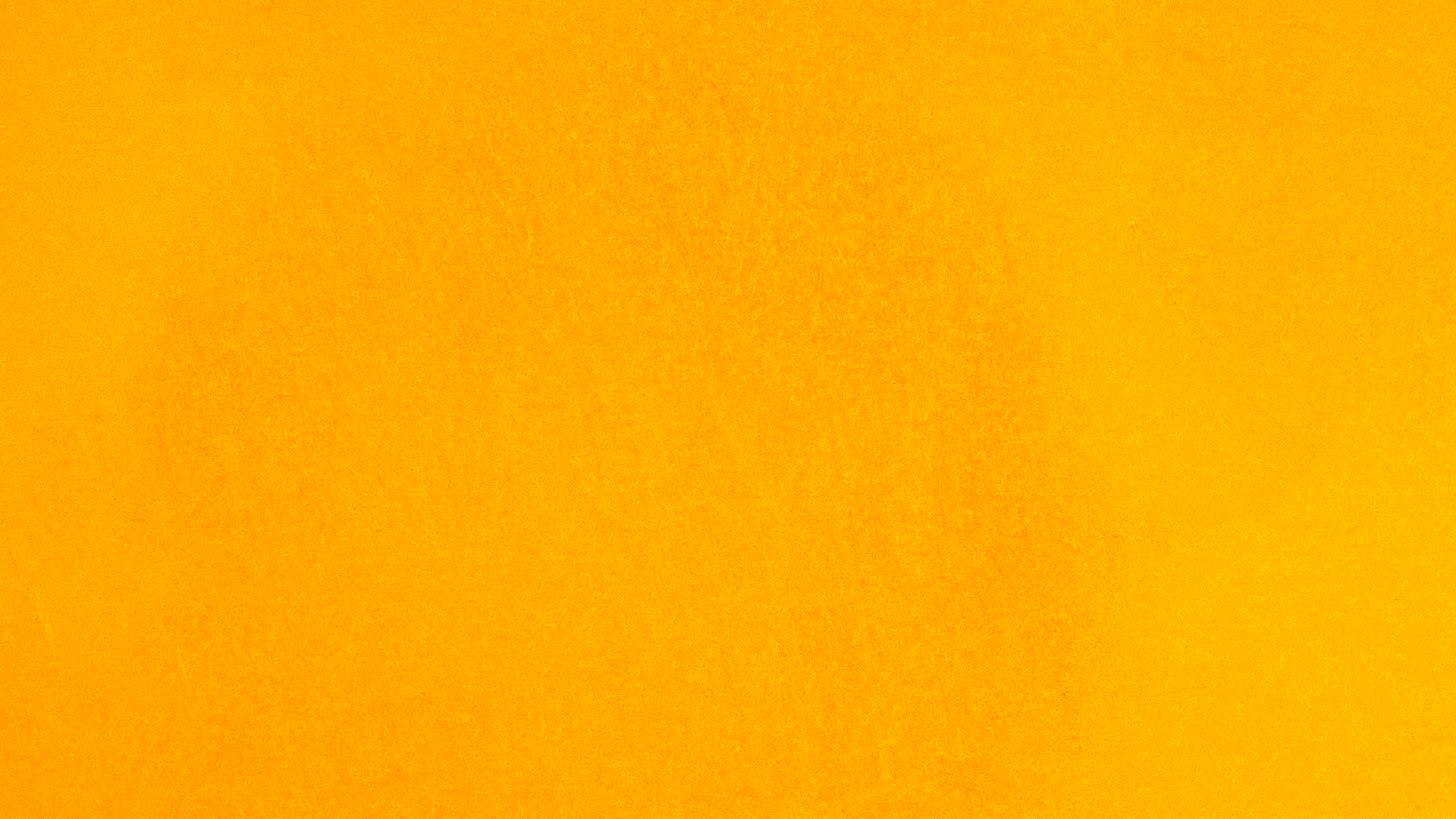
The Education
Everything I know about mourning, I learned from my father. A professional mourner like his father before him, he knew thirty-three different ways of appearing desolate. Most people only know four. We lived above the mortuary. The corpses never bothered me, they were easy to get along with and didn’t mind the dark. We went to funerals every day, my father was the best mourner. One of the great benefits of our work—we never had to worry about food. It was always catered, there was usually baked brie, pâté on toast points, two different kinds of champagne. My father said his favorite part of a funeral was the women. They always smiled at him as they walked by in their black silk dresses, made him think of sailboats on a summer night gliding on the water.
Where Snow White is laid to rest
Horses in the field and whippoorwill sing. The dwarves go on as before, each day spent chipping away with pickaxes. They don’t know what to do with the empty place at the table, the pile of half-knitted sweaters. Every evening, they gather near the glass coffin in the clearing, all they’re left with now are the details. The rise and fall of her chest, the sharp protuberance of hipbones, knees, blue and yellow flowers on her dress. Oak trees mottled with lichen, creaking in the wind. The tips of their cigarettes glow brighter than the fireflies at dusk.
ORIGIN STORY 4
My mother told me I was carved from the trunk of a sycamore tree. I remember her blade whittling my knees, the planes of my neck and torso. She shaped my lungs, I let out a breath; the first spears of hunger flickered in my wooden belly.
The Mannequin
I bought her at a garage sale because she looks just like me. I place her in various parts of the house depending on the time of day. Sometimes she’s at the kitchen table in her bathrobe, a plate of eggs and newspaper in front of her. Other times she’s kneeling on the lawn next to the flower bed, gardening hat on her head. Most evenings she sits on my bed with the eiderdown tucked around her, a vase of red poppies on the nightstand. Every night I brush her black hair, so dark it swallows light like the bottom of the sea. Sometimes she reads, a book open on her lap, head bowed. Her arms are always bent at the elbow, hands in front of her face like a surgeon waiting for her gloves. Every now and then I catch a glimpse of our reflections in the mirror, I’m never sure which of us is real. Mornings, when the light slices her body in half, turns her face lustrous, I think of alabaster Madonnas weeping in rapture.
ORIGIN STORY 5
My mother told me I was cut from a bolt of cloth, mirrored halves of my body splayed open on her sewing table. She traced my skull, measured my arms and legs. Finally, she stitched me closed, black seams crisscrossing my palms, the backs of my calves, like tiny railroad tracks.
ONE YEAR I LIVED ALONE
I only had the moths for company, shared the flat with them. How they clung to every surface like brown velvet petals. How the night grew dark with their fluttering. Light filtered in as if through a thick curtain. I grew accustomed to the gloom. On cold nights we huddled in front of the fireplace, I under a coarse blanket, moths forming a dark border around it like sentinels. Sometimes I read aloud—to myself or them, I’m still not sure—the sound of my voice soothed their trembling. When I undressed for bed, their wings cast shadows on my skin. They swirled around the room as I slept, alighting on my thigh, an upturned palm, my closed eyes, like a kiss.
ASCENSION
One summer, you walked your sadness on a leash the way people walk a dog. Remember how, immune to gravity, it floated somewhere above your right ear. At night the light was bronze, reverent like the halos around dead saints. Children tied balloons to your sadness, but it did not grow lighter. And what I know of wildflowers, of regret, I learned while standing beside your grave. We are made of glass. We carry our dead behind closed eyes.
There was a time this could have been true
The Woman Who Is Sawed in Half every night longs for a different name. Panfila, like her grandmother who had three breasts and became a fortune-teller. Carlotta after her mother, whose feet looked like hands. For hours each day, the Woman Who Is Sawed in Half gazes in the mirror, fingers tracing the black jagged seam spanning her waist like a belt. Sometimes after a show, unzipping her torso from her legs, the Woman Who Is Sawed in Half wonders if she is really two women. She remembers how she was pulled from her mother in two pieces, the doctors’ bewilderment, her father’s disappointment. More than anything, The Woman Who Is Sawed in Half dreams of a day when she will wake to find herself seamless. Then, she can trade in the circus life, its fishnet stockings and sequins. Then, she will be just like other women. The Woman Who Is Sawed in Half knows this is just a pipe dream, always beyond her reach. Her grandmother’s words have lived for years under her skin, without a name, loneliness cannot find you.
EXODUS
When we were exiles, my mother wrapped me in paper bags for warmth, carried me on her back as she walked for miles. Our shadows on the ground were one body, everything I saw was framed by her long black hair. Sometimes we stopped in villages for shelter, never stayed for more than a night. We weren’t searching for anything holy, just a place where we could uncurl our fists. My mother told me I was born with the map on my back. I remember how, when we were lost, she used it to orient herself, her coarsened fingers undoing the buttons of my dress, smoothing the cloth from my shoulders, cities and towns asleep under her fingers. Once she said, Your spine is the river, each vertebra is a path we could take.
The Invisible Girl goes to confession
When the Invisible Girl goes to confession the priest thinks she’s an angel. He knows she’s near when candles on the altar flicker. If he squints, the priest can see the outline of a woman rising from the incense. In his dreams the Invisible Girl looks like Mary Magdalene, with black hair, high cheekbones, rounded hips. The Invisible Girl’s confession is the susurration of leaves on a windy day. She asks the priest if her invisibility is a punishment or simply god’s way of teaching her humility. The priest is full of his own questions. In his dreams he is more man than priest. When he closes his eyes, he pretends that the Invisible Girl’s collarbone is a tree branch and his lips are birds.
Subversion
If only I’d been encouraged, as a child, to cultivate the ability to breathe like a wren, that shallow, barely discernible rise of its breast. Someone says transmutation. Or maybe meet me at the station. Imagine each new footfall on the wooden platform, the wait for a lover who never shows, hoarse cries of steam engines. The moon is just another handsome face in the dark. How the stars endure its relentless betrayal. How the light loses itself in the sea’s wilderness. If only I could write letters to my other selves, the ones living their lives alongside mine. The ones whose presence, on cloudy days, I sense in the hastening of air against my cheek.
Note: “Ascension” previously appeared in The Normal School, “Exodus” in Poets and Artists, and “Subversion” in The Laurel Review.

